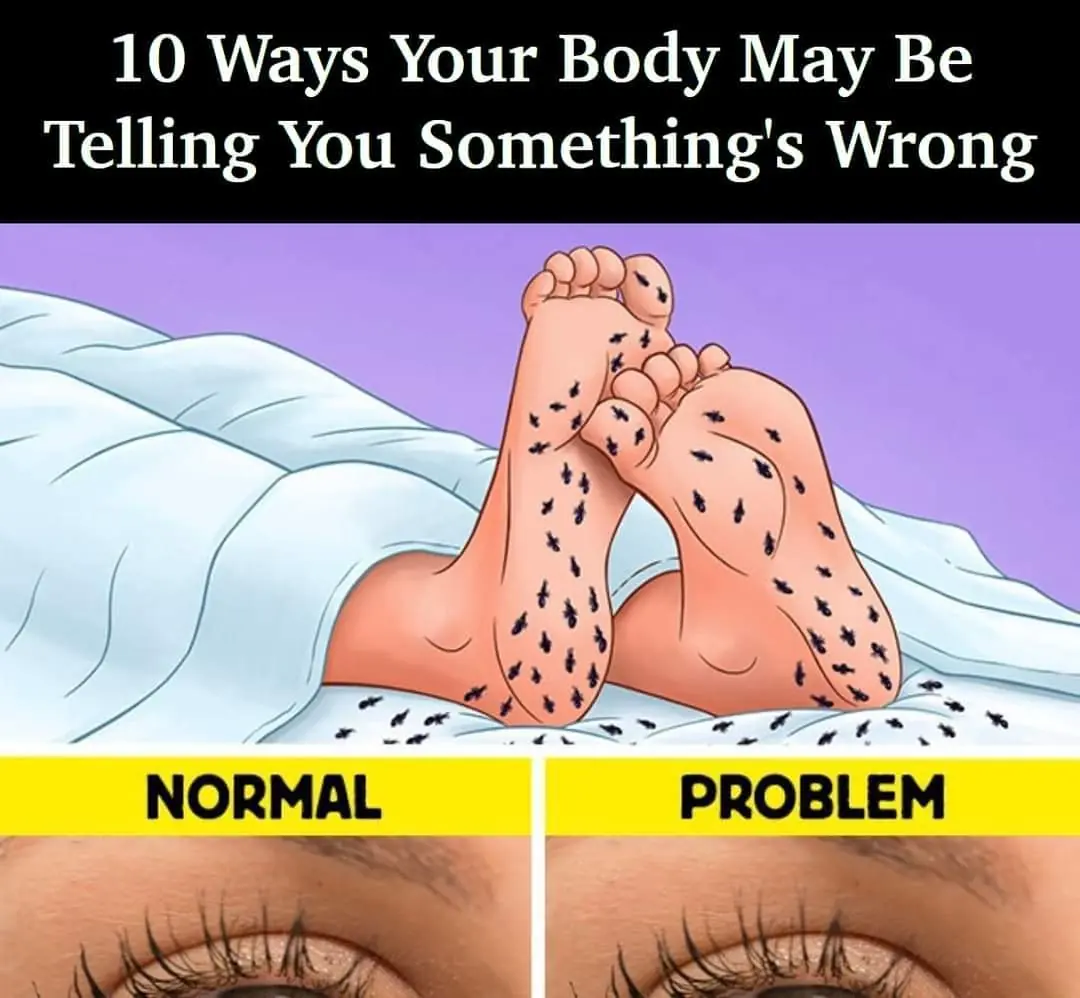
7 Signs of Mini Stroke in the Elderly
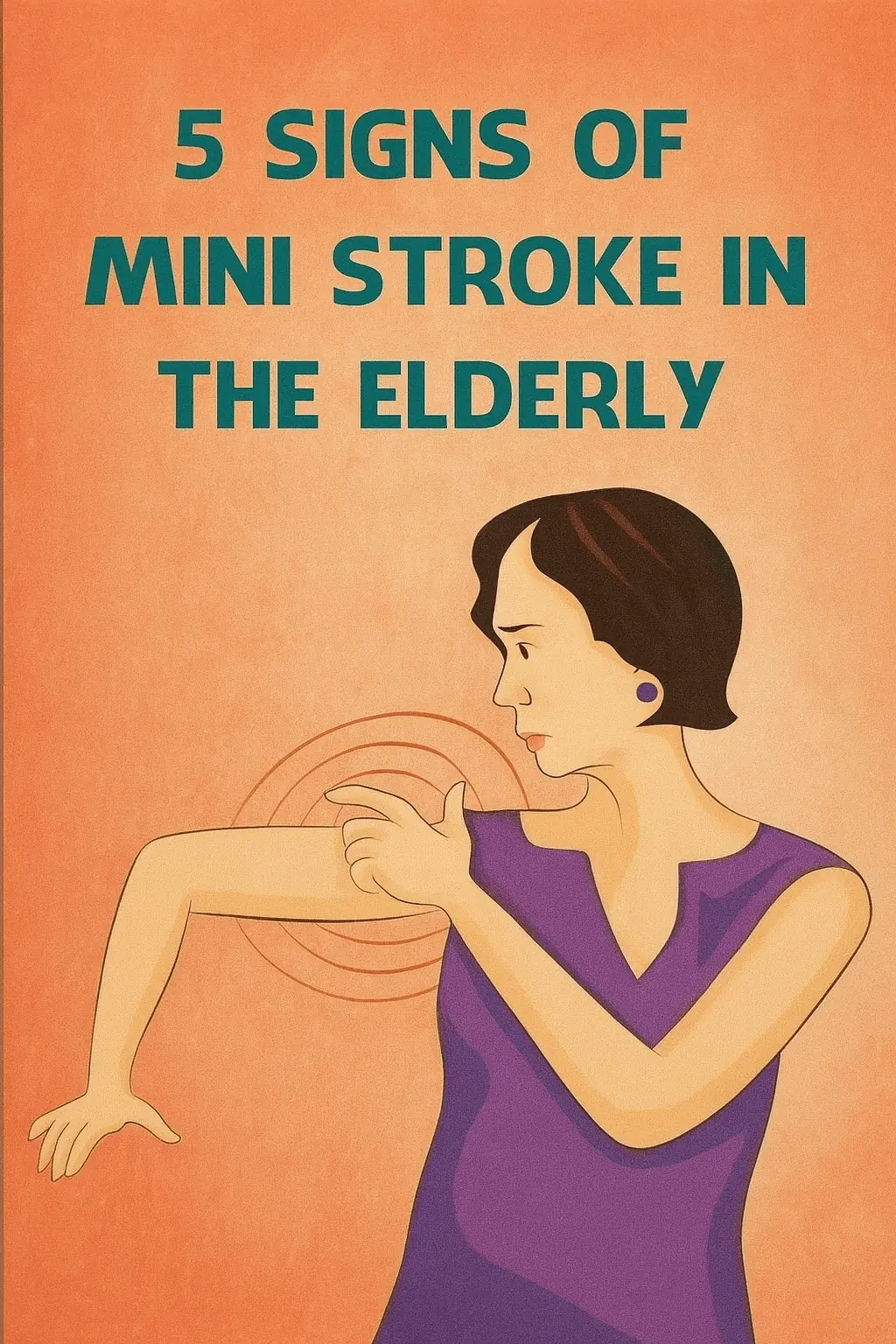
You likely have read about full-blown strokes, but did you know that mini strokes can happen, too, and are actually quite common? The problem is that they can go unnoticed, preventing the victim from getting the medical attention they need. Not only that, but they are also at an even higher risk for a full-blown stroke, though many people are unaware of this. For this reason, it is important to understand the signs of mini stroke so that the person can get the help they need as quickly as possible.
What is a Mini Stroke?
A mini stroke, medically known as a transient ischemic attack (TIA), is a temporary disruption in blood flow to the brain. Unlike a full-blown ischemic stroke, a mini stroke typically lasts for a shorter amount of time—anywhere from a few minutes to up to 24 hours. Despite being temporary, mini strokes are important to recognize because they still do damage to the brain and can be a warning sign of an impending major stroke.
The Signs of Mini Stroke
The signs of mini strokes are similar to full strokes, though the damage they cause is not usually permanent. Immediate medical attention is still crucial to prevent further strokes and long-term complications. Mini stroke symptoms can be more subtle than major strokes, making awareness vital. The signs include:
1. Weakness or Numbness
A sudden onset of weakness or numbness in the face, arms, or legs is one of the primary signs of a mini stroke. This usually affects only one side of the body and can last for a few minutes or up to 24 hours. The key is that the symptom comes on suddenly—one moment everything feels normal, and the next, it becomes difficult to lift an arm or walk properly.
2. Difficulty Understanding or Speaking
Confusion is not just “a part of getting older.” If an elderly person suddenly has difficulty understanding others or speaking clearly, it could indicate a mini stroke. This may appear as slurred speech or an inability to articulate words properly. Such changes often occur abruptly. Caregivers should watch closely for any unexpected shifts in speech or comprehension.
3. Sudden Vision Changes
Loss of vision is a common part of aging, but gradual changes happen over time. Sudden blindness or vision changes in one or both eyes can be a warning sign of a mini stroke. These vision problems typically occur suddenly and may last for a few minutes. Any unexplained or abrupt visual disturbances require immediate medical attention.
4. Dizziness and Coordination Problems
Many elderly individuals struggle with stability, often due to age or inactivity. However, a sudden onset of dizziness, balance issues, or coordination problems should not be dismissed as normal aging. These symptoms could point to a mini stroke and should be evaluated by a healthcare professional to determine the cause.
5. Confusion
Beyond speech-related confusion, sudden disorientation or difficulty understanding surroundings can also indicate a mini stroke. If an elderly person becomes confused or unable to recognize familiar places or people, this should be taken seriously and requires immediate medical assessment.
6. Unexplained Headache
Sudden, severe headaches should never be ignored—especially in older adults. While headaches can have many causes, a sudden, intense headache in someone who doesn’t usually experience them can signal a mini stroke. If the headache is accompanied by other symptoms such as confusion, weakness, or vision changes, medical help should be sought immediately.
7. Difficulty Swallowing
A lesser-known symptom of a mini stroke is difficulty swallowing, also called dysphagia. Though it can have other causes, if swallowing problems appear suddenly—especially alongside numbness or weakness—it could be a sign of a mini stroke. Any unexpected swallowing difficulty should be promptly evaluated by a medical professional.
The Bottom Line
Recognizing these signs of mini strokes in the elderly is crucial for early detection and intervention. Prompt medical attention can greatly improve recovery outcomes and reduce the risk of a major stroke. Caregivers and loved ones should remain attentive and proactive—because timely action can make a life-saving difference in an elderly person’s health and well-being.
News in the same category


Why Dandelion Roots are the Most Important Part of the Plant

Carob: The Forgotten Superfruit Making a Healthy Comeback in 2025
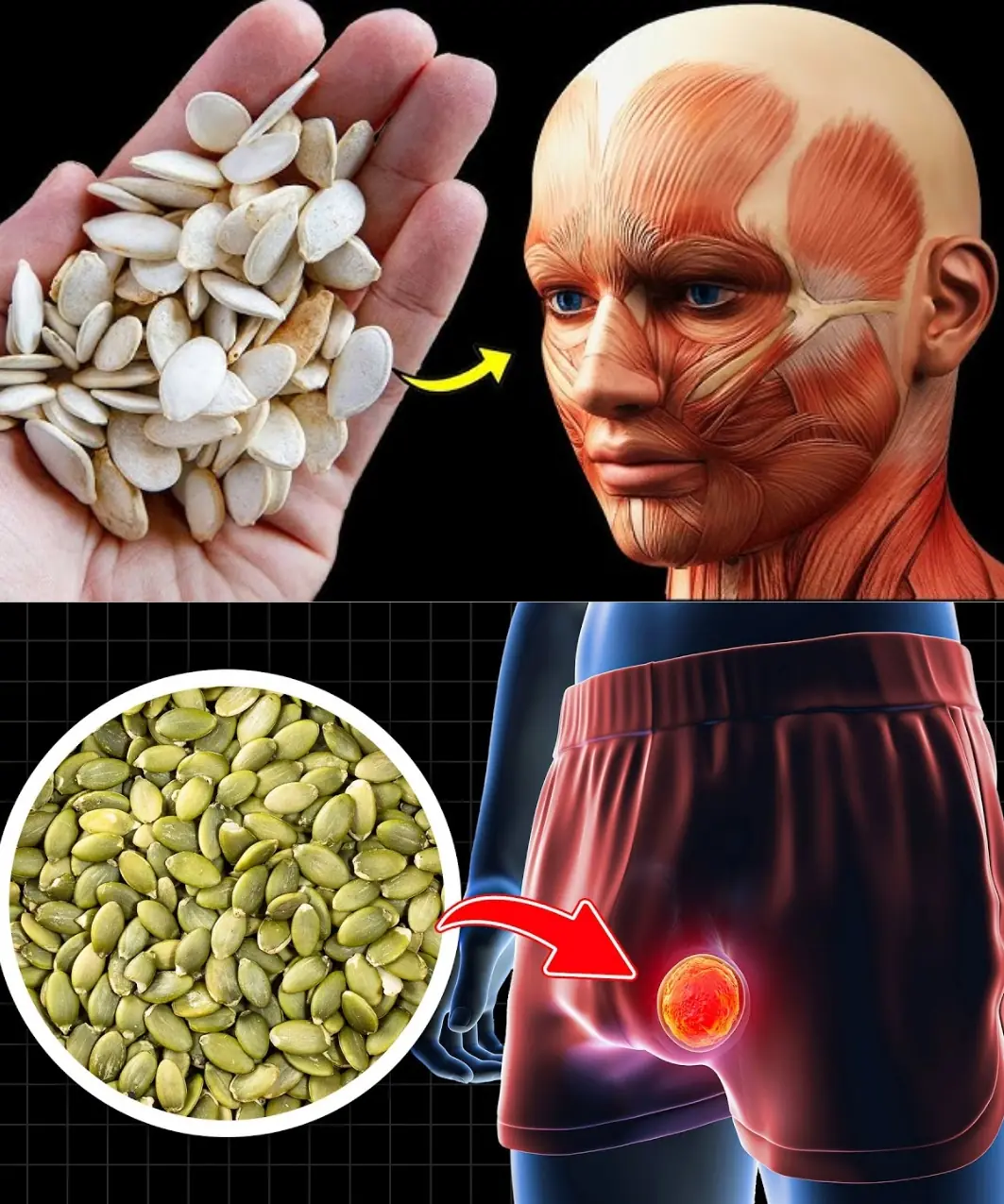
What Happens To Your Body When You Eat Pumpkin Seeds Every Day

4 foods to eat on an empty stomach in the morning to cleanse the gut, boost digestion, and lower cancer risk

What Your Skin Could Be Telling You About Hidden Health Issues

Banana Tea: Should You Try It? (Nutrition, Benefits, Recipe)
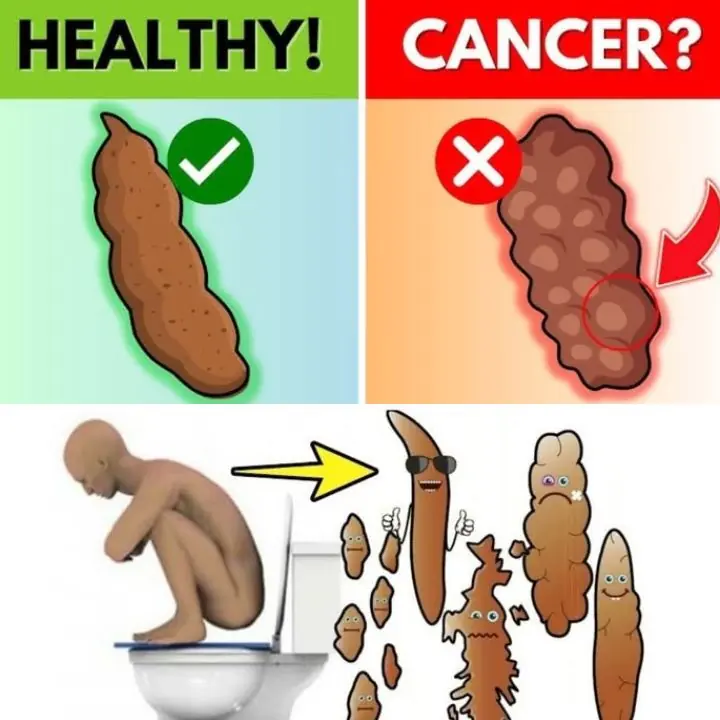
The Color of Your Stool Is Warning You About Your Health!

Remove Foot Calluses Naturally with This Simple Bread Remedy

Is It Acceptable to Wear Underwear Two Days in a Row? A Surprising Answer
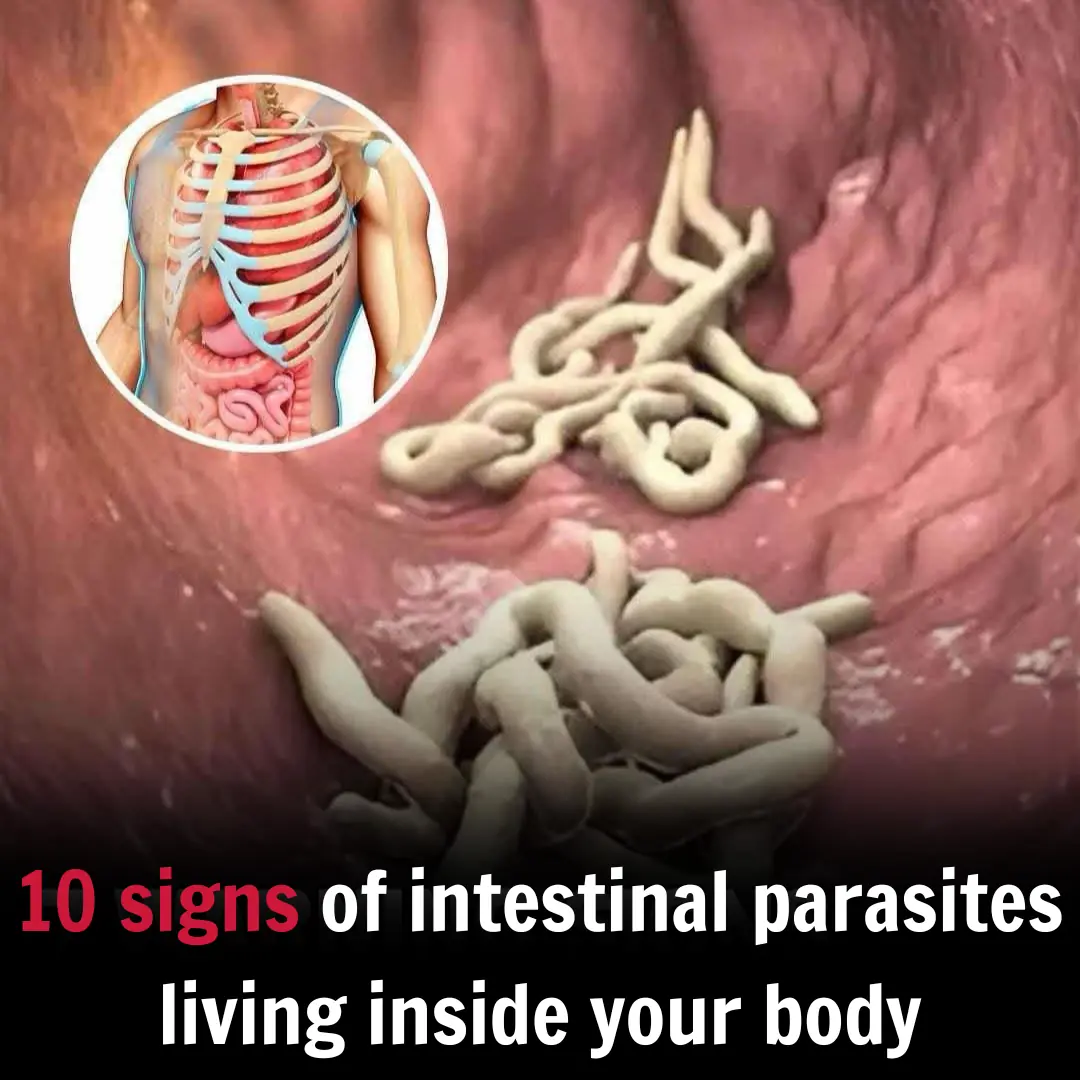
10 Signs You Might Have Parasites
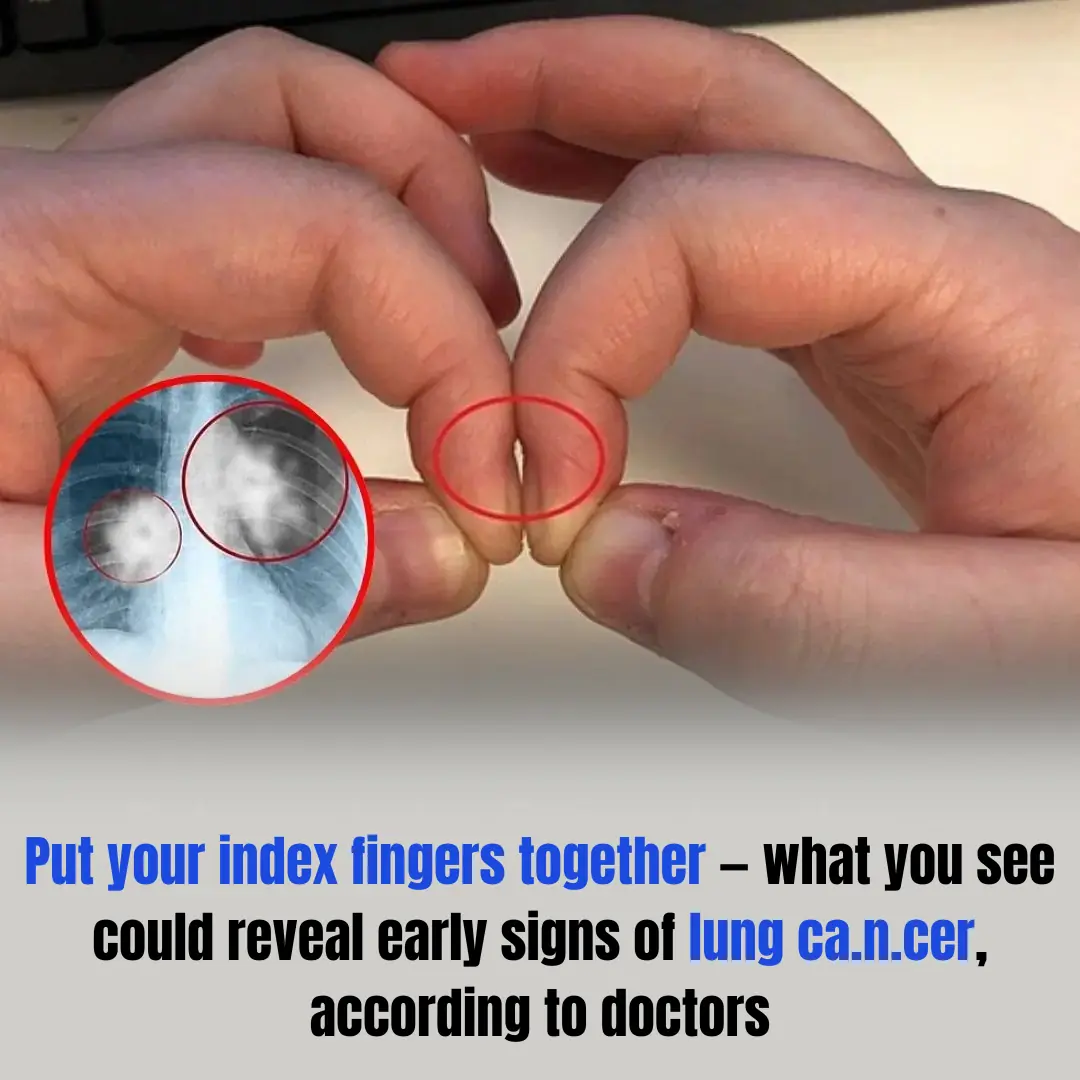
Put your index fingers together — what you see could reveal early signs of lung ca.n.cer, according to doctors

3 Unusual Neck Signs That May Warn of Cancer
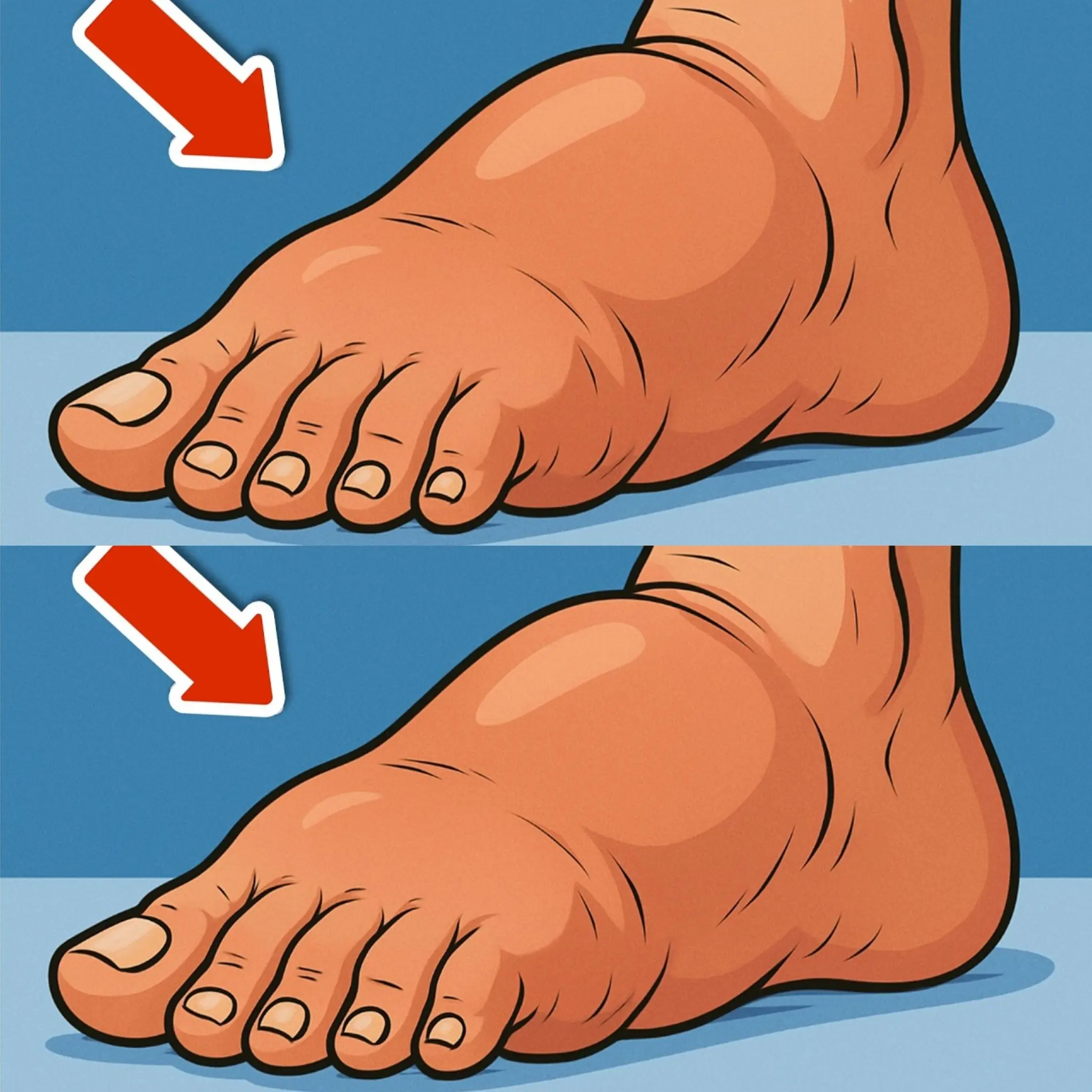
Eat THIS to Get Rid of Swollen Legs & Feet – Incredibly Fast!
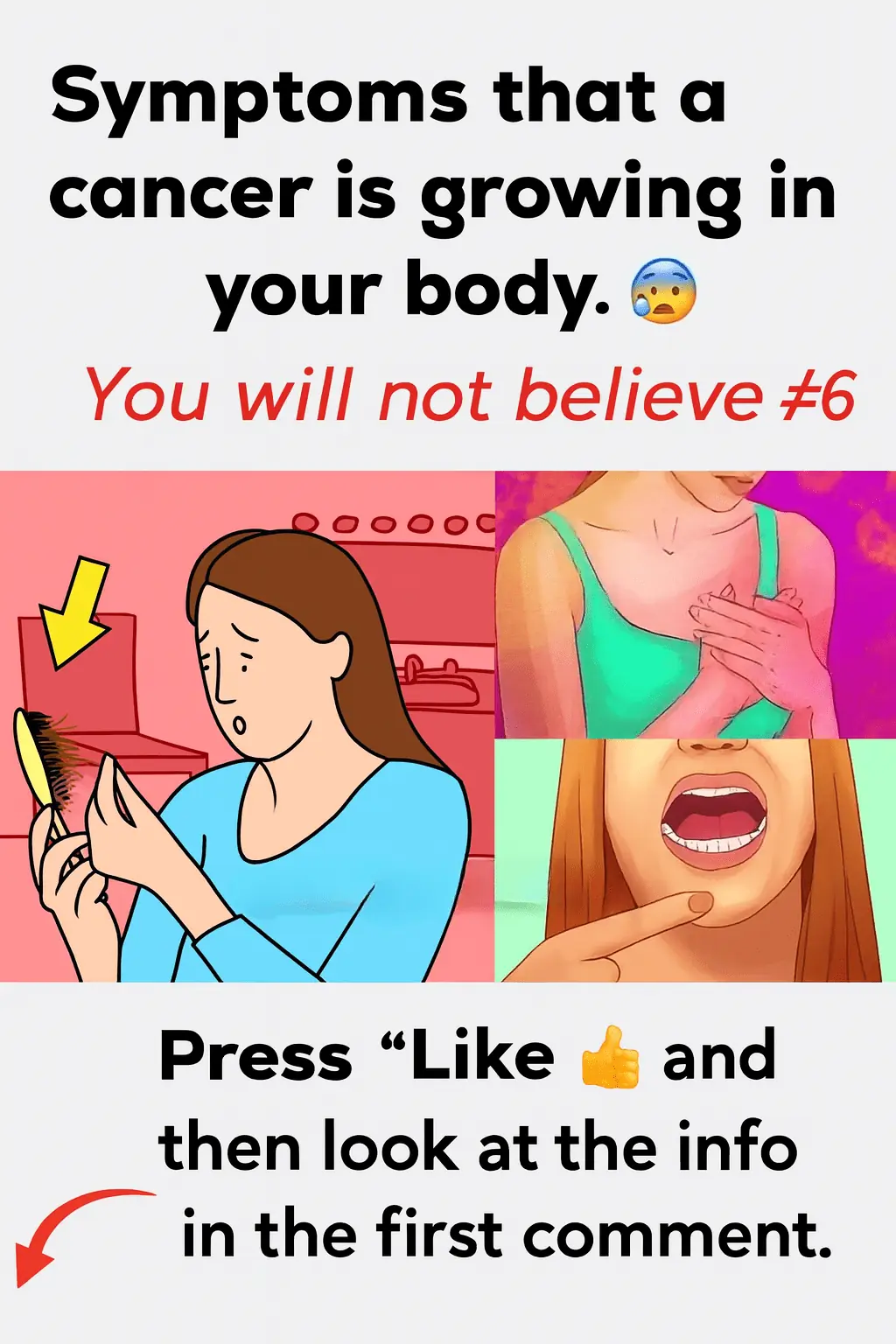
Detect Early: Cancer Symptoms You Should Never Ignore
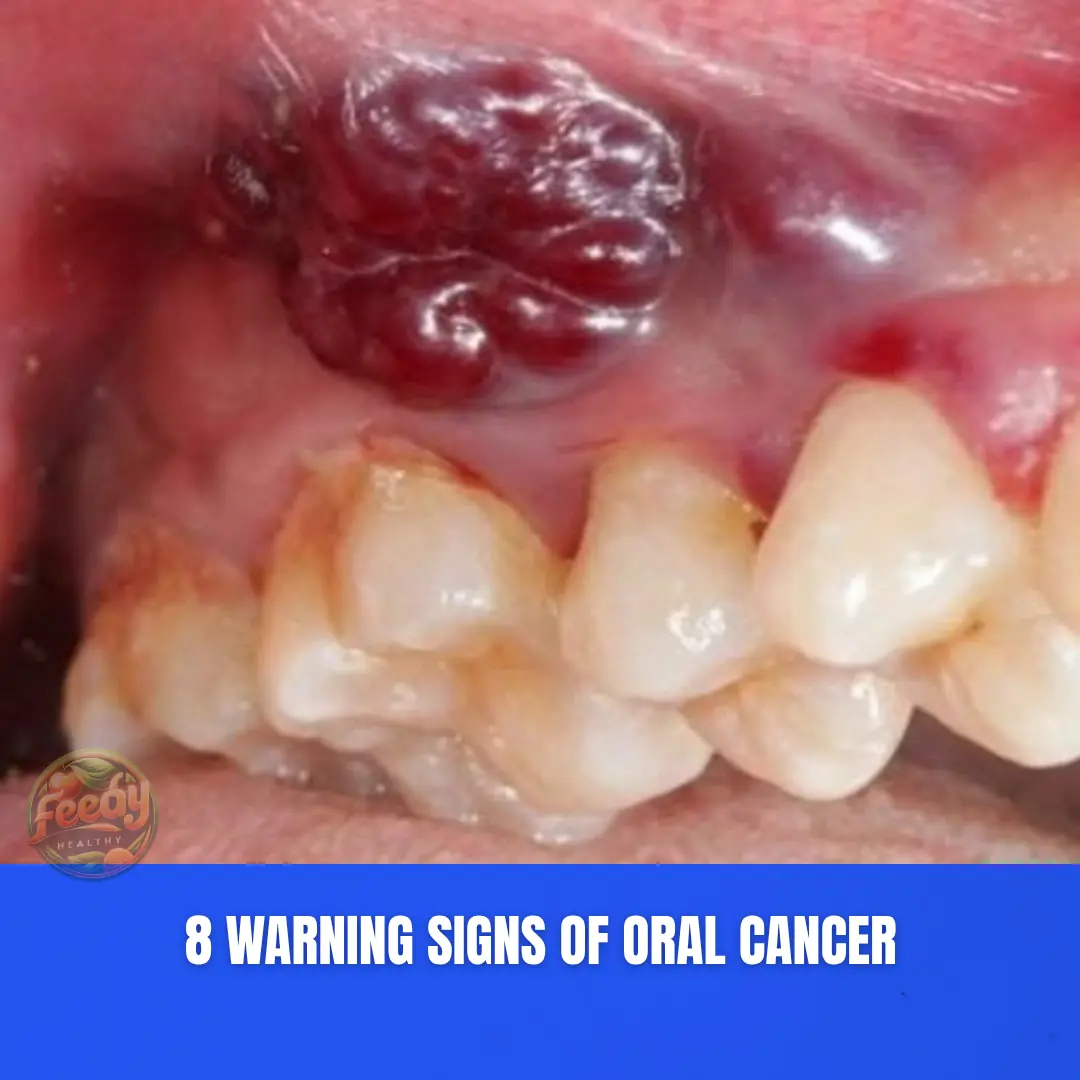
8 Warning Signs of Oral Cancer
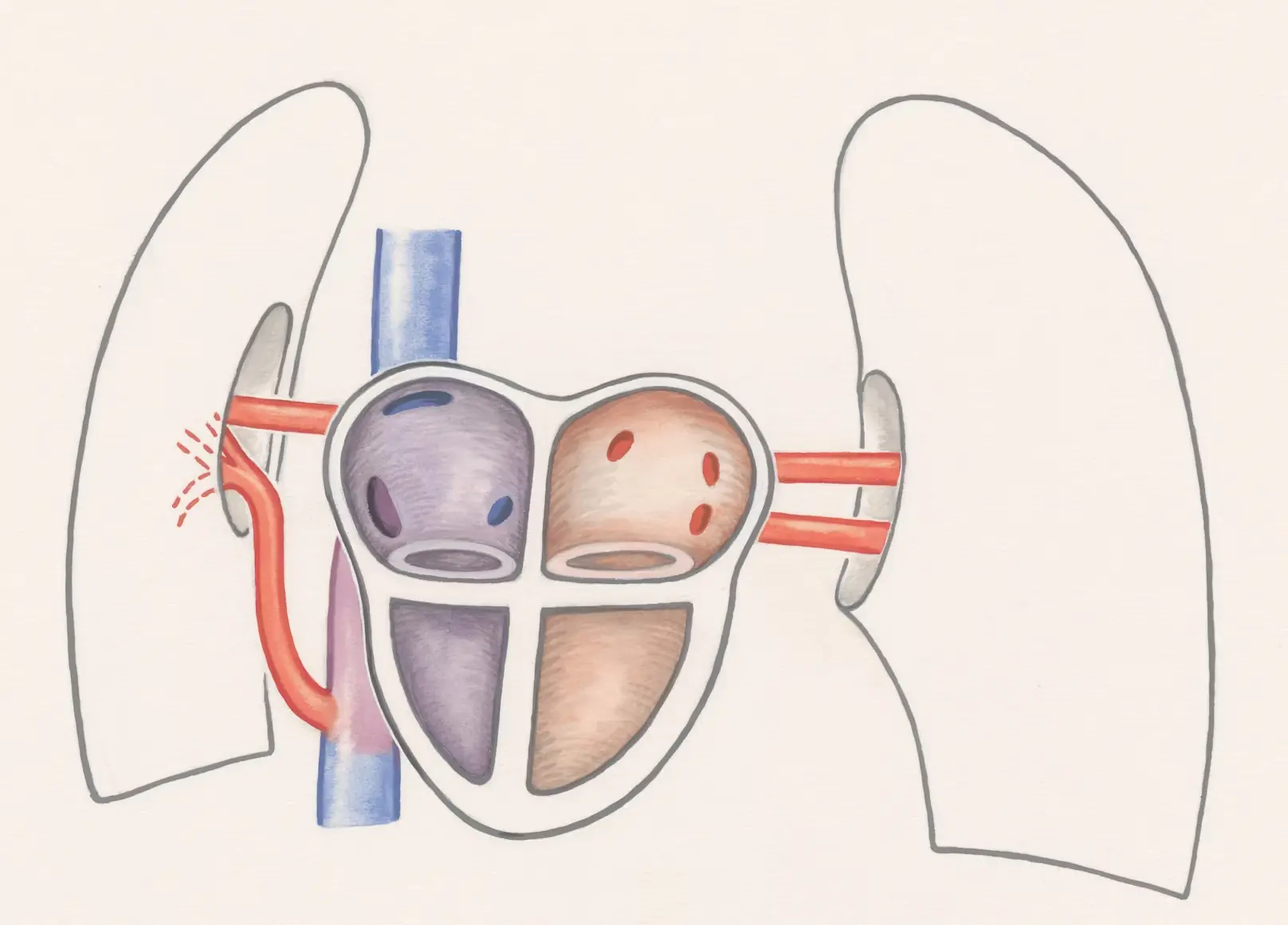
Doctors Shocked After Finding 300 Kidney Stones In Young Woman

13 Reasons You Should Eat Eggs and Sweet Potatoes Every Morning

If your mouth feels dry at night, here are 8 reasons why
News Post

Why Natural Beauty Deserves More Appreciation

10 Ways Your Body May Be Telling You Something’s Wrong

Drink Parsley Water for 5 Days – Kidney Benefits Await
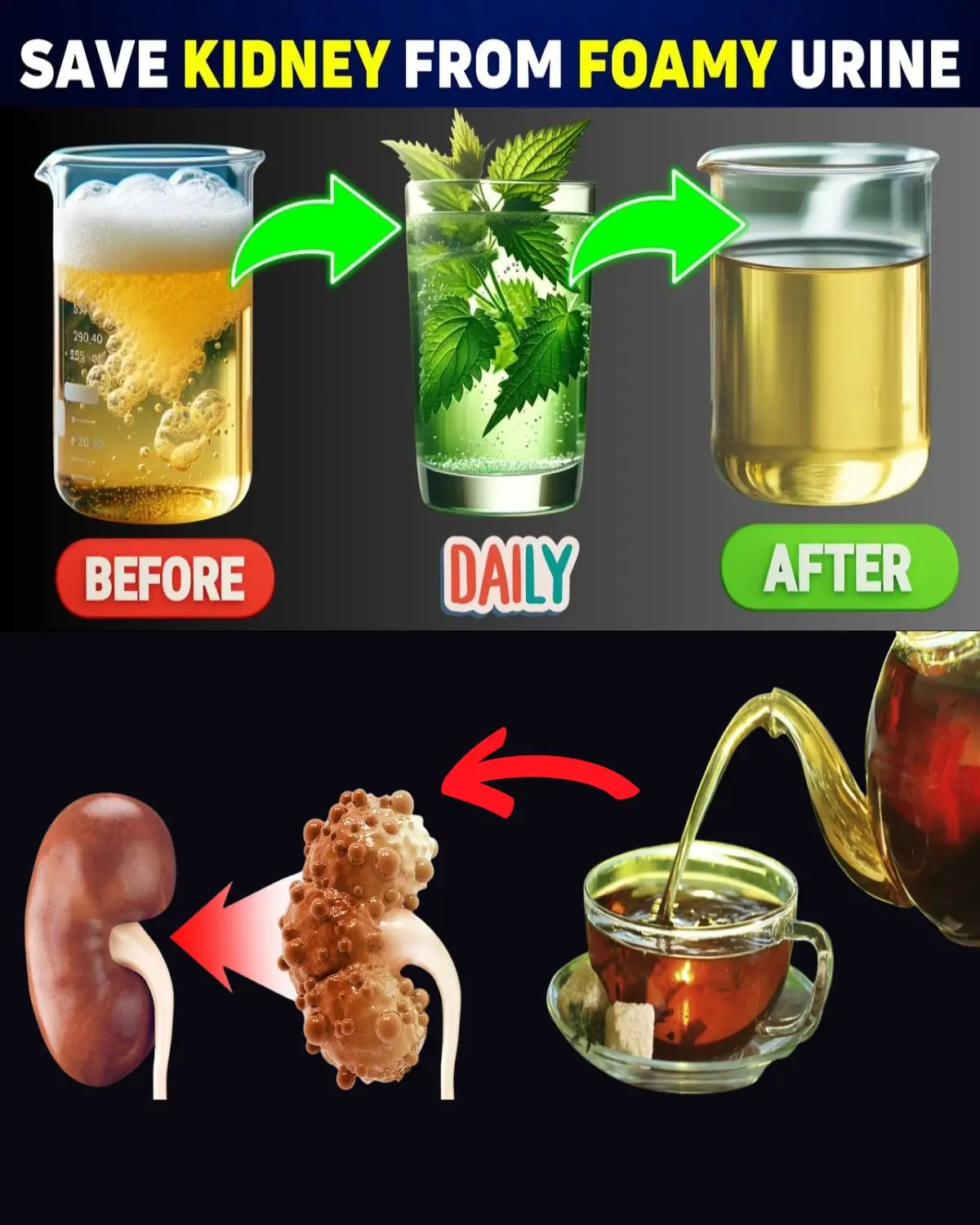
Top 10 Super Drinks to Support Kidney Health and Reduce Proteinuria
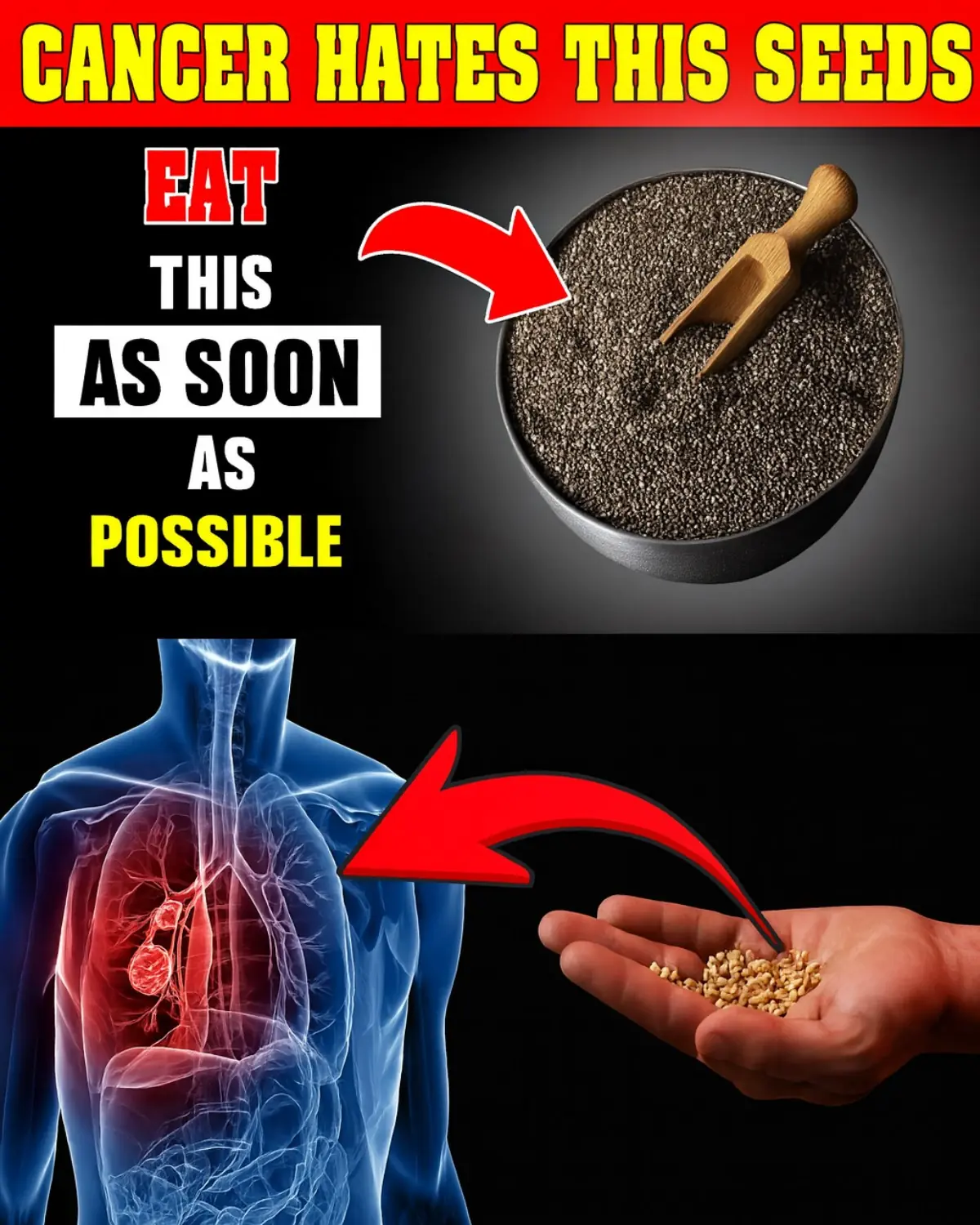
Cancer Hates These 6 Seeds – Seniors, Eat Them Daily (Support Wellness Naturally)

Why Dandelion Roots are the Most Important Part of the Plant
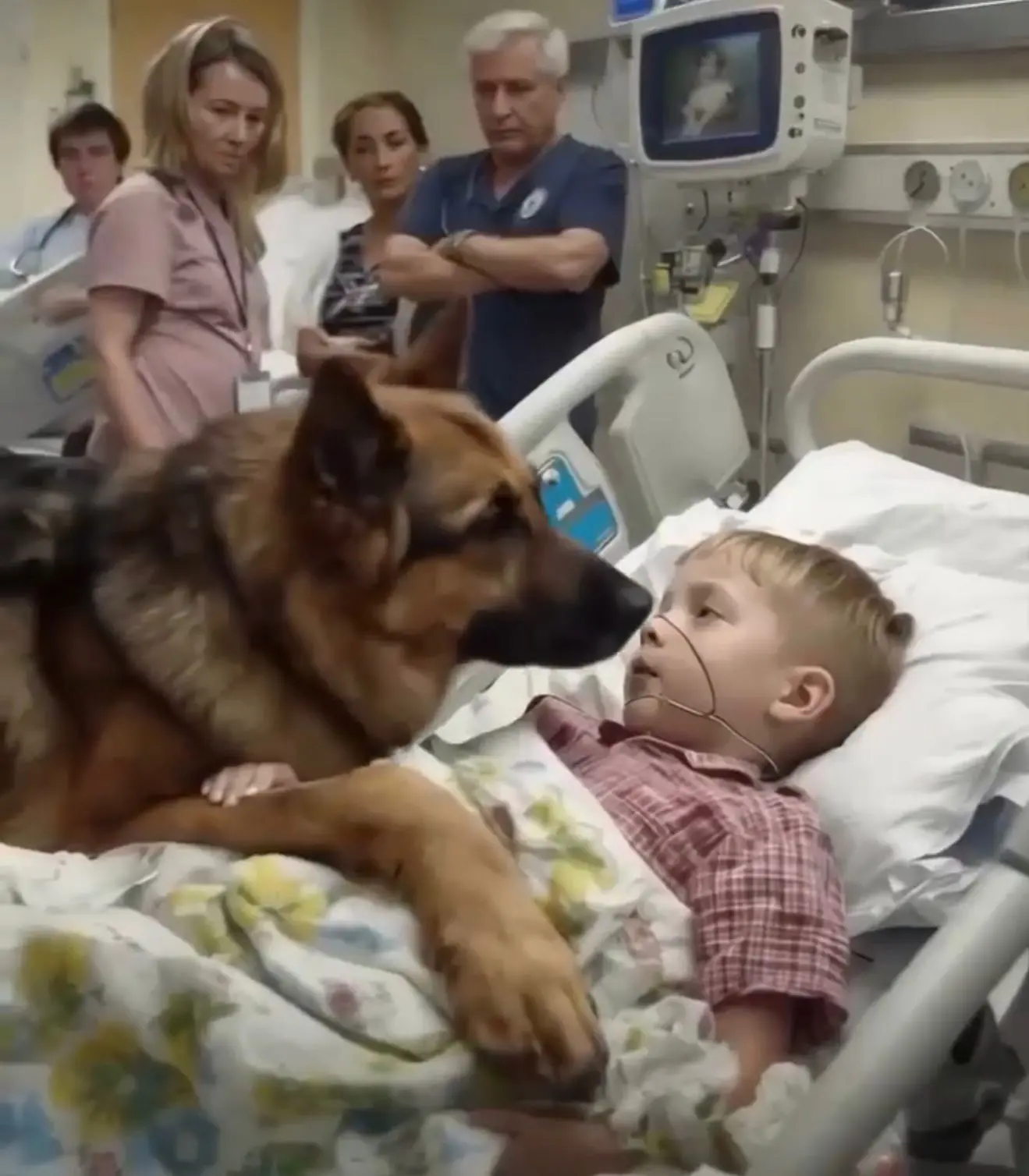
Boy shares a heartfelt hug with his dog before surgery — the outcome surprises everyone
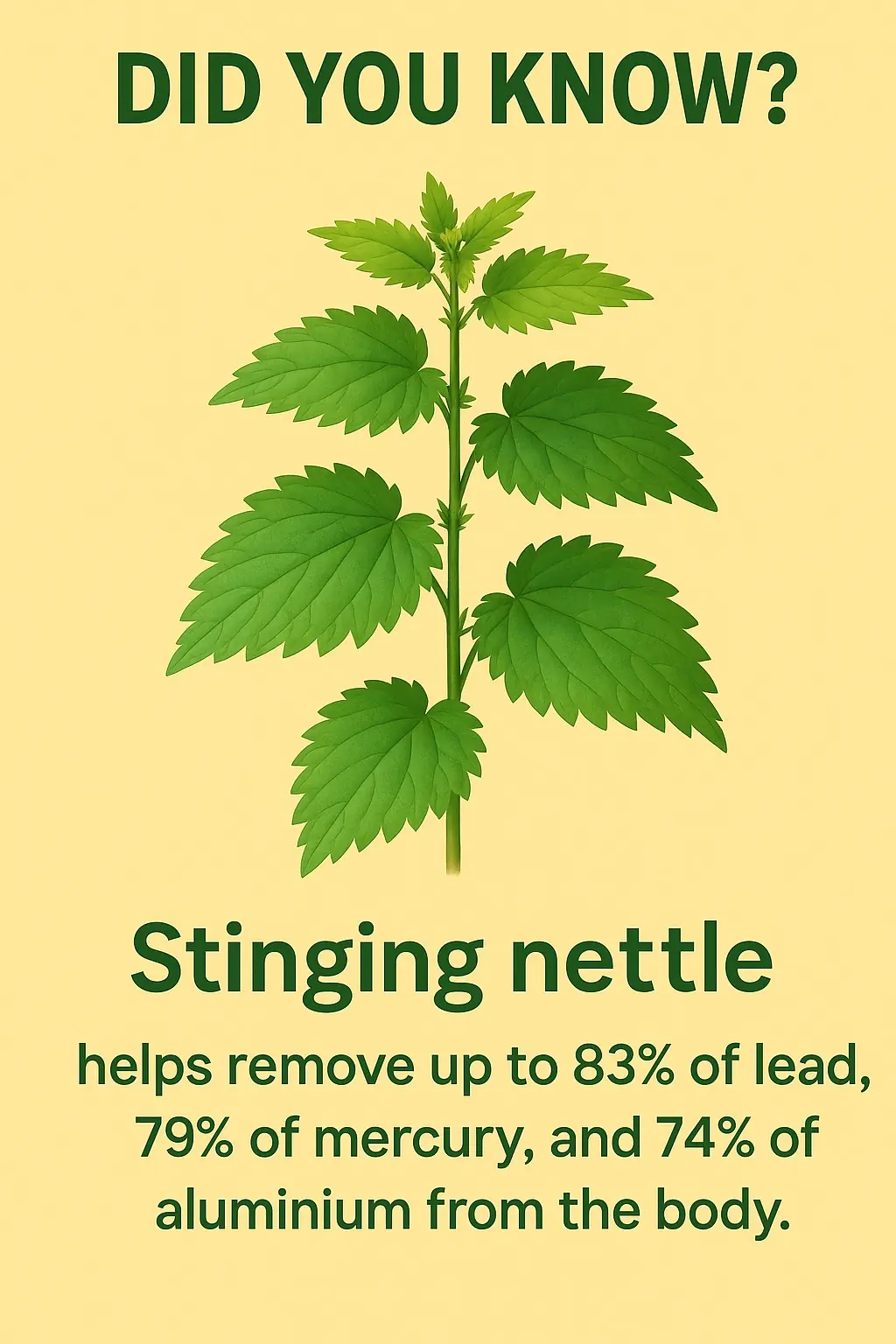
Stinging Nettle (Urtica dioica): A Powerful Detoxifying Plant Hidden in Plain Sight

A Heartwarming Act of Kindness in the Philippines: Woman Helps Elderly Balloon Vendor After Heartbreaking Loss

7 Benefits of Chewing Raw Garlic on an Empty Stomach

Model Makes History by Breastfeeding Her Baby on the Runway — A Moment That Redefined Motherhood in Fashion
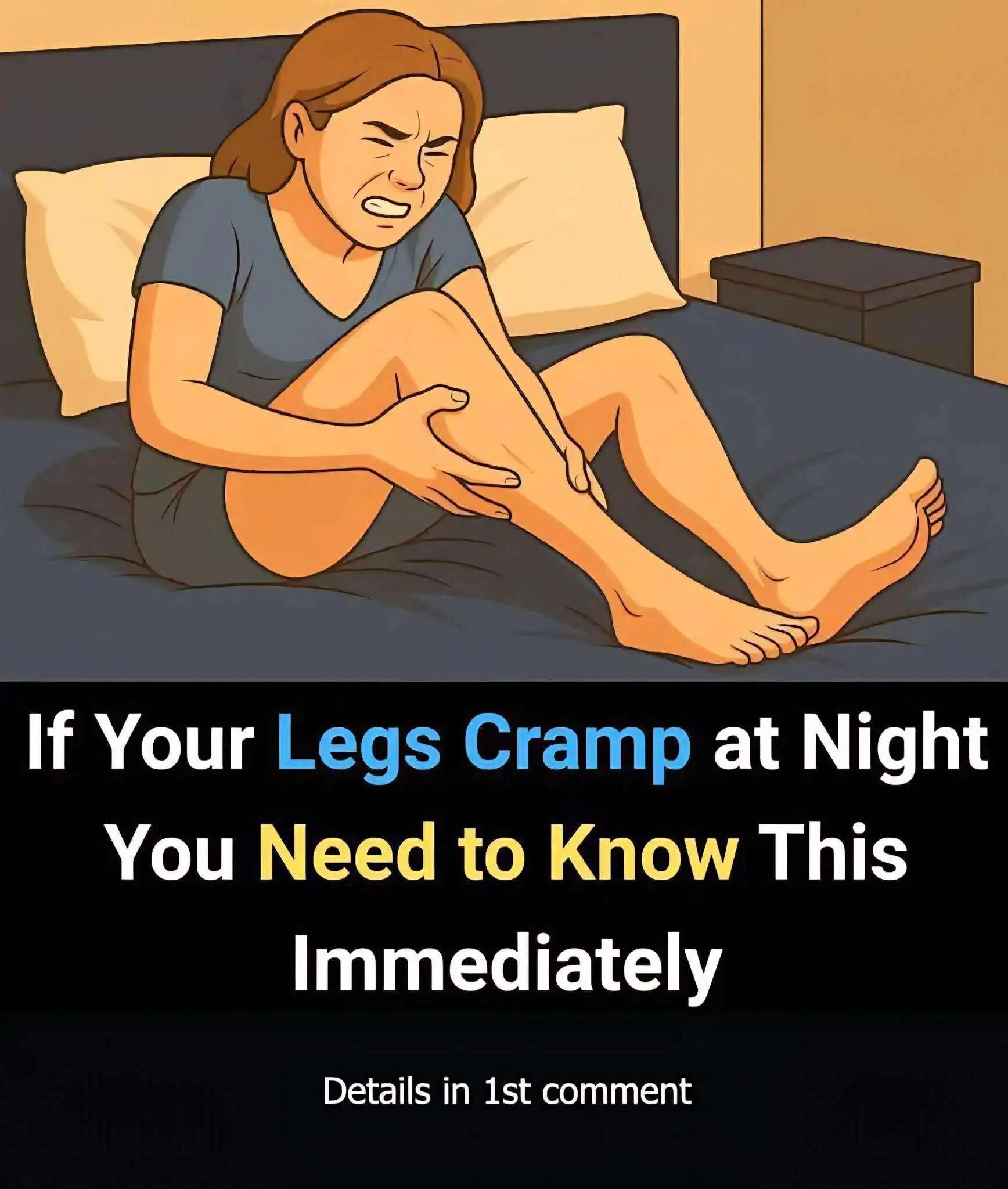
What causes night cramps and how to fix the problem

Pick your wing to reveal who your guardian angel is

61-year-old man remarries his first love, wedding night brings shocking revelation

When a K-Pop Birthday Went Wrong: The Brazilian Brother Who Mistook Kim Jong Un for a Korean Idol

Carob: The Forgotten Superfruit Making a Healthy Comeback in 2025

What Happens To Your Body When You Eat Pumpkin Seeds Every Day

4 foods to eat on an empty stomach in the morning to cleanse the gut, boost digestion, and lower cancer risk
